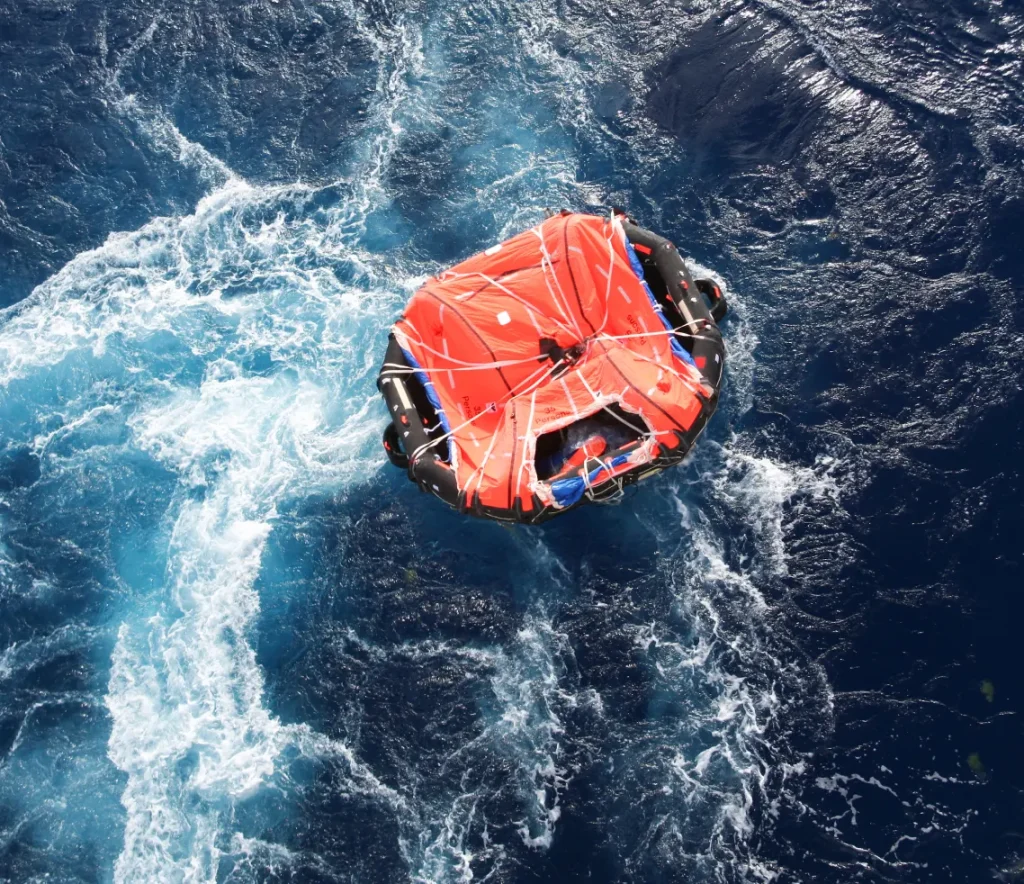If you are an Air Forwarder, you may ask if Freight Forwarders Liability (FFL) Insurance is worthwhile. Why is it needed, as airlines carry most of the risk when an incident happens?
FFL Insurance played an important role in protecting in the following examples:
Wrongful Destination Claim
Due to an administration error, a shipment was air freighted to London, Canada instead of London, England. The Freight Forwarder incurred charges to ship the cargo back to its correct destination, and those fees (over USD 20,000) were covered by insurers.
Customs Fine
Due to an employee mistake on documentation, a cargo shipment was delayed at its destination in South Africa and received a customs fine. This was covered by insurers, who handled the delay claim plus the fine.
Damage to Cargo
Whilst most claims can be passed to the airline, airlines are notorious for not responding. It is common for the merchant to sue the Forwarder rather than wait for a response from the airline. In one instance, Lufthansa failed to respond for a time extension received from a cargo insurance company for USD 50,000 of food products deteriorated in transit. Insurers appointed lawyers and settled the claim whilst a recovery action was taken against the airline.
FFL Insurance is designed for Freight Forwarders and Forwarders only. In today’s world, the Forwarder is expected to bear a much greater risk than previously, and most service contracts go against them. This may extend to customs fines, uncleared cargo, damage to cargo, or aircraft and documentation errors.
Most of the claims are defending the insured, and the policy is there to cover the costs in doing this, either through the appointment of lawyers, surveyors, or their in-house legal team. Defence Cover is from the ground up, so unless a claim is paid, all the legal fees are paid by insurers.
If and when a claim needs to be paid, it is often expensive in the air freight business. Cargo and freight values are often much higher than sea freight, so claims from the merchant, E&O matters, or customs fines are also high. Insurers have paid claims from USD 2,500 to over one million dollars, and we have seen Forwarders go bankrupt without insurance. This is not cargo insurance but protection for the Forwarder.
FFL Insurance covers not only claims arising from your customer, but also the airlines. In the event of leakage, poor packing, or even explosion, the airline will come against the Forwarder. This can be costly from the claim but also commercially, as we have seen multiple Forwarders blacklisted for this. Your insurers will not only handle these claims, but also ensure you have adequate protection to stop unreasonable demands.
FFL Insurance offers protection against claims arising from your customer and airline, as well as errors committed by your employees. It is designed for Freight Forwarders, so not only is the defence cover from the ground up, but the wording is bespoke to independent Forwarders.
Please contact our specialists: info@areteadjusting.com.
Arete Adjusting, LLC is a member of the +8 Partners ecosystem.
Disclaimer: All claims are subject to the terms, conditions and exclusions of the relevant product disclosure statement and/or policy.


